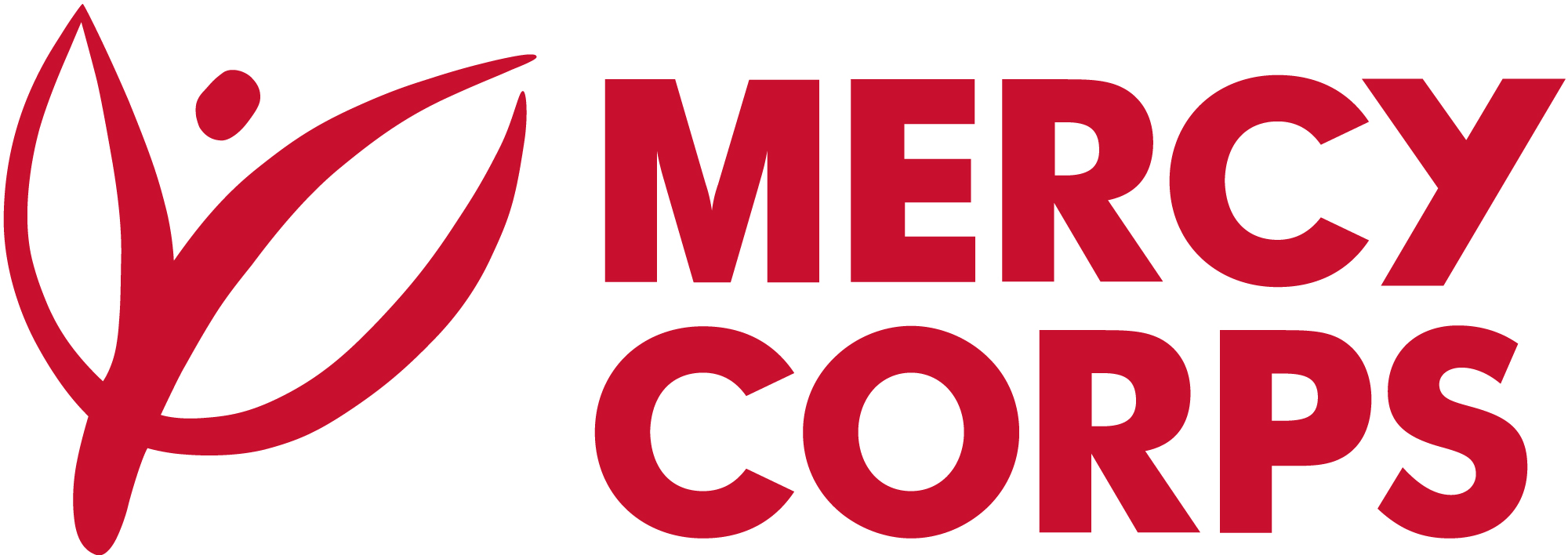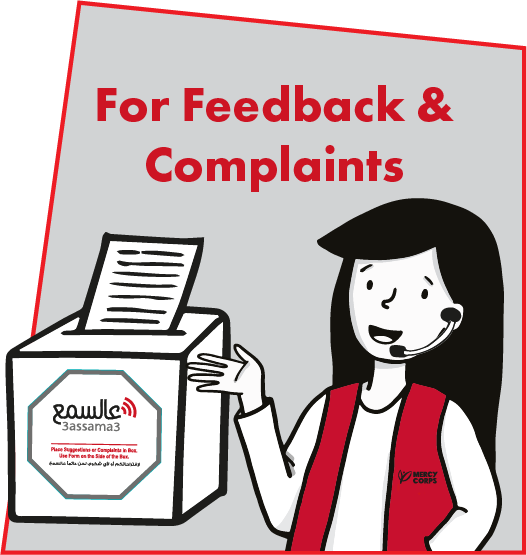We’re leading a global community of humanitarians to create a future where everyone can prosper.
Mercy Corps has been working in Lebanon since 1993, helping refugees and vulnerable Lebanese meet their urgent needs while also strengthening their resilience so they can better adapt and cope with future challenges. We reached over 150,000 people across the country in the past year.
We’re leading a global community of humanitarians to create a future where everyone can prosper.
Mercy Corps has been working in Lebanon since 1993, helping refugees and vulnerable Lebanese meet their urgent needs while also strengthening their resilience so they can better adapt and cope with future challenges. We reached over 150,000 people across the country in the past year.

244,052
Number of direct participants

706,950
Number of indirect participants

753
Number of businesses supported by Mercy Corps

6,666
Supported individuals (skills development and employability trainings)

937,800$
USD amount disbursed to businesses following the Beirut Blast

27.84%
Skills graduates employed
Our latest trainings
Agriculture Input Producers Support
The call for agricultural input producers is open! Are you locally producing fertilizers, pesticides, seeds, irrigation tools, or other agricultural inputs that play a crucial role in the vegetables, wheat, and cereals production? Do these inputs have a potential to...
BASATINE – Bolstering Agriculture Systems
Mercy Corps launches BASATINE, a four-year programme aiming to sustain the capacity of Lebanese agriculture to produce food for the local market, create and maintain jobs, generate social cohesion between host communities and refugees, as well as promote gender...
Freelance Academy
Your career might start from here! If you"re aged between 21-34, and already have skills in one of the following sectors: Graphic Design, Web Development, Content Writing and Translation, Architecture and interior design, and videography, then hurry up! Apply Now to...
Featured stories
VOICES OF VULNERABILITY: A needs Assessment in Lebanon’s Akkar, Bekaa, and Southern regions
EXECUTIVE SUMMARY: Lebanon is currently experiencing a severe humanitarian crisis driven by a combination of factors, including decades of political instability, an economic collapse classified by the World Bank as one of the most severe globally in over 150 years,...
Cash in Armed Conflict – A Feasibility Assessment of Cash Assistance in Lebanon
Since September 2024, the escalation of hostilities between Israel and Hezbollah has caused the displacement of over 1 million people and large humanitarian suffering in Lebanon. The humanitarian response has prioritized distributing in-kind assistance to displaced...
Livelihood outcomes of multi-purpose cash assistance
Since 2019, the severe economic crisis in Lebanon has plunged a large portion of the population into poverty. Over the last decade, poverty has more than tripled, reaching 44% in 2022. Many families were forced to adopt negative coping strategies such as...
Latest Reports
May Crisis Update
Key Takeaways: Israel continued its campaign of airstrikes targeting alleged Hezbollah infrastructure and operatives in Lebanon in May, conducting the second-most bombing raids in a single month since the Cessation of Hostilities (CoH) came into effect on November 27,...
April Crisis Update
Key Takeaways: Israeli airstrikes targeting Lebanese territory tapered off in April compared to their post-cessation of hostilities (CoH) highpoint in March. Nevertheless, Israel escalated its campaign of targeted assassinations, killing 13 officials and operatives of...
March Crisis Update
Key Takeaways: Israel intensified its military campaign in Lebanon throughout March, conducting 117 airstrikes – the highest monthly total since the Cessation of Hostilities (CoH) agreement took effect on November 27, 2024. Notably, 79 of these strikes targeted areas...










